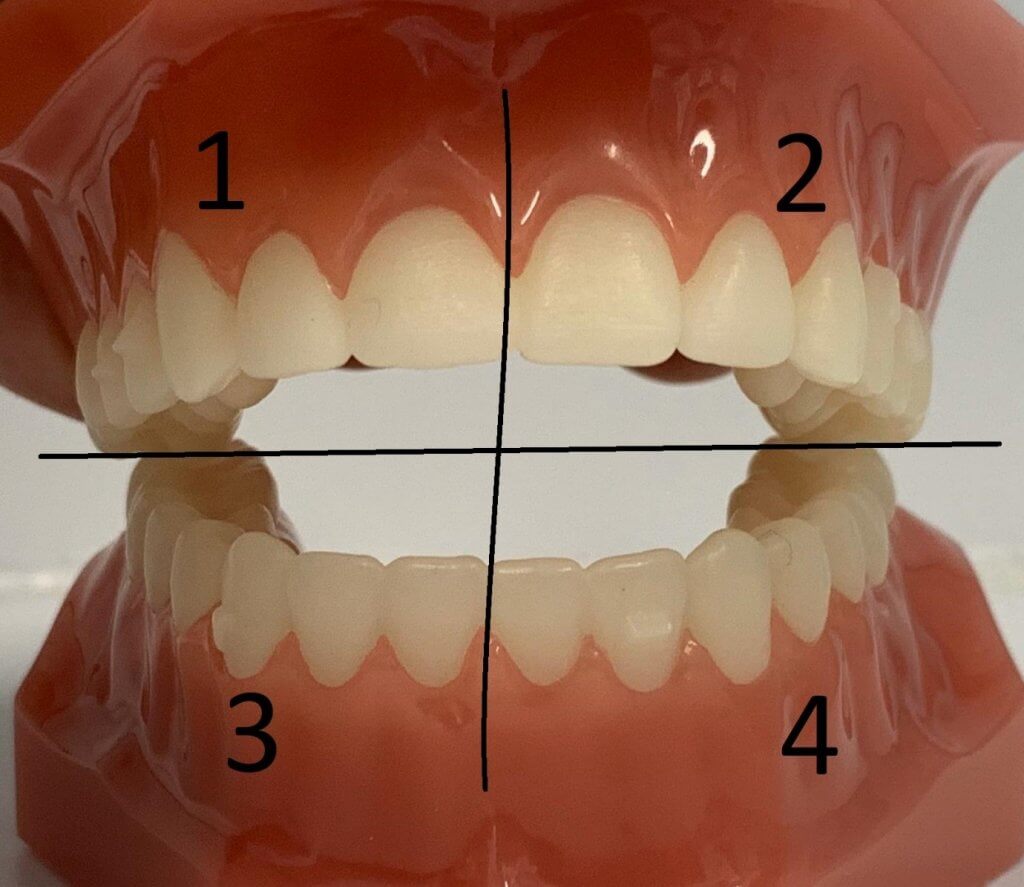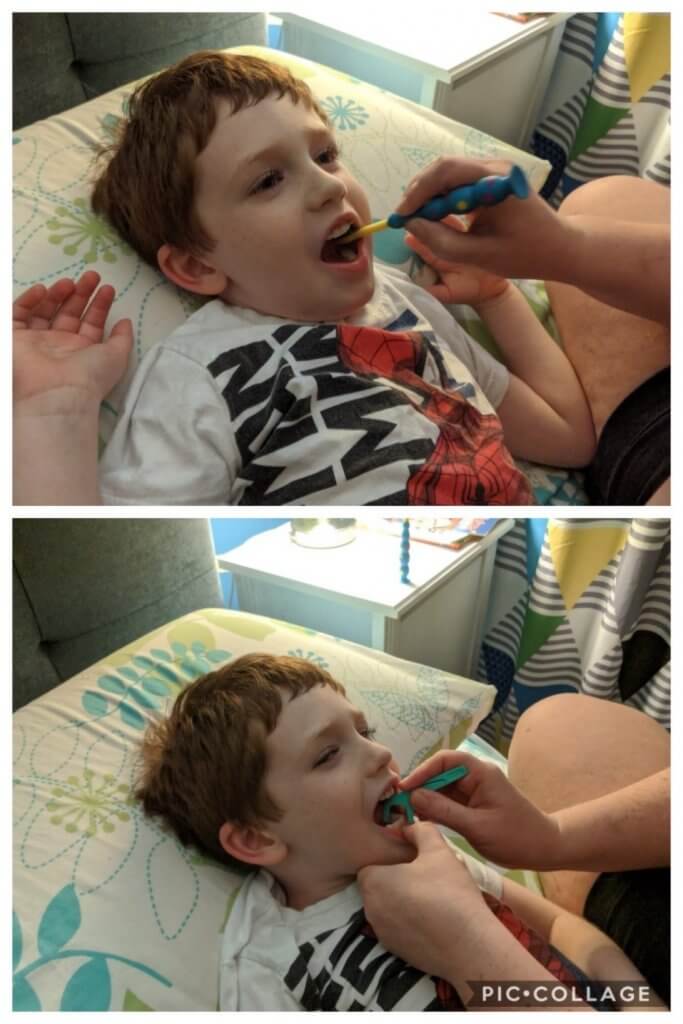The rise of influencer culture and social media health experts has made figuring out what is and isn’t good for your teeth incredibly difficult. Every day there seems to be a million and one new fads and ideas about constitutes an acceptable dental routine. Here at Highgate Hill Dental Centre, we have decided to do the hard yards for you and share what our dentists recommend for your daily dental hygiene routine and why.
How often should you brush your teeth?
One of the most important and frequently overlooked parts of the dental routine is brushing twice a day. We often get asked why we recommend brushing twice a day, not just once. Brushing in the morning and night serve slightly different purposes but are equally important. Throughout the day our teeth are exposed to sugars, acids, and various food debris, creating the perfect breeding ground for bacteria. Luckily enough for us, constant saliva flow during the day has a rinsing effect. The majority of bacteria and harmful substances are neutralised or washed away by saliva, however stubborn remnants often stick around. This is where brushing in the evening comes in. The mechanical action of brushing lifts stubborn food particles, plaque, and bacteria.
Brushing in the morning serves a slightly different purpose. While we sleep, saliva flow in the mouth is significantly reduced. As a result of this, any bacteria left behind in the evening is free to stick to tooth enamel, multiply, and release harmful acids and enzymes. Brushing in the morning serves to remove this bacteria and any film that has developed overnight. It also helps to neutralize ‘morning breath’ and freshen up your mouth for the day ahead. Make sure you brush after breakfast, not before, as the mouth will be very acidic when you first wake up.
When it comes to brushing, both technique and duration are important. The toothbrush should be placed at approximately a 450 angle so that it touches the teeth and the gums. Gently move the brush in a circular motion, sweeping over the front surface of the teeth and the gum line. Make sure you brush each surface of the tooth – front, back, inside and outside. A good trick is to spend about 30 seconds per quadrant – top left, top right, bottom left, bottom right.

Is flossing your teeth necessary?
A dental routine would not be complete without mentioning flossing. Unlike brushing, flossing is only required once per day. Flossing either in the morning or at night is great, but there are added benefits to flossing before bed. As mentioned, getting rid of any food particles in the mouth before sleeping is incredibly important. Adding flossing to the evening schedule ensures that no food is left between the teeth for bacteria to find during the night.
A common question we get at Highgate Hill Dental Centre is why we have to floss when we spend so much time brushing. The simple answer is that the bristles of our toothbrushes do not clean the little gaps in between our teeth. Have you ever gotten food stuck in between your teeth and found that it’s still there after you brush? This is the role of dental floss. Technically it doesn’t matter if you floss before or after you brush, however Dr William Wang has a tip that makes forming a habit a bit easier. From a psychological standpoint, brushing our teeth often signifies the end of the dental routine and time for bed. As a result of this, flossing before brushing minimises the risk of simply not flossing because the teeth already feel ‘clean’.
Dr Aoibheann O’Brien was generous enough to share her daily dental routine:
- Morning – brush with electric toothbrush for two minutes.
- Night – floss before brushing (otherwise it doesn’t happen!), then brush for two minutes with the electric toothbrush.
- Brushing the kid’s teeth morning and night (it takes a little more than two minutes!) and flossing once daily.
Dr O’Brien also had these handy tips to pass on:
- If your teeth are sensitive, use sensitive toothpaste when brushing but don’t rinse out afterwards. The longer the toothpaste stays on the teeth, the better it works.
- If brushing kid’s teeth, get them to lie down on their bed or the couch. This makes it easier to access their mouth and if they like to wriggle about when you’re brushing, they are less likely to injure themselves with the toothbrush.
- Flossing is a novelty to kids so capitalise on this by encouraging it and giving them floss picks/flossers/flossettes to use from 6 years up. Note – use of these products depends on the child’s dexterity and may need to be supervised due to some flossettes having pointy ends.

Young Flynn being a great sport getting his teeth brushed and flossed.
In the end, dental routine comes down to personal preference, however the key tenants always remain the same – brush morning and night for two minutes each and floss (or similar) once daily. If you have any questions about your daily dental routine, or are simply due for your regular check-up and clean, then get in touch with one of our friendly team. Happy brushing and flossing, and we will see you all at your next checkup!
About Our Authors:
Dr Aoibheann O’Brien:
Dr Aoibheann O’Brien joined Highgate Hill Dental Centre in 2011 after five years working in private practice in Northern Ireland. Aoibheann is very good with anxious patients due to her friendly treatment style and has a special interest in aesthetic and preventative dentistry as well as facial aesthetics treatment.
Sophie Dodson:
Sophie began working at Highgate Hill Dental Centre in 2012 and has clocked up almost ten years experience in the dental industry working chairside with our dentists. After many years as a dental assistant, she moved into the role of Digital Content Creator for Highgate Hill Dental Centre whilst she completes medical school in Victoria.









